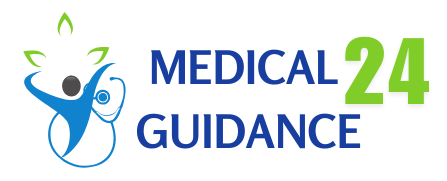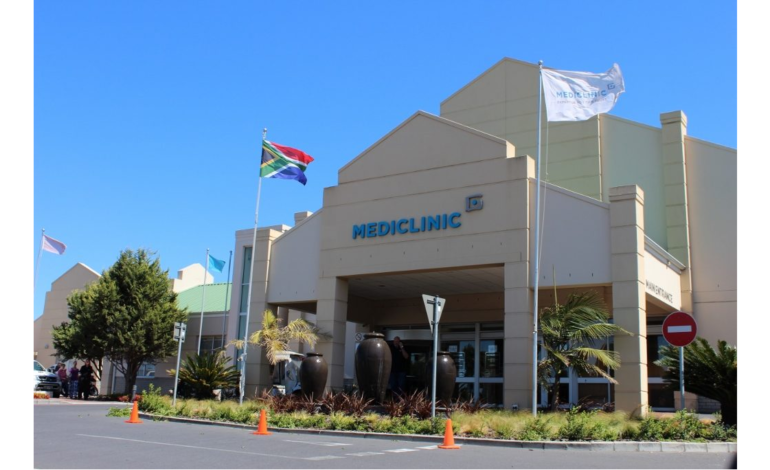Four Benefits for a Person Who Detects a Disease Early Enough

On this page, we state four benefits for a person who detects a disease early enough:
Detecting a disease early offers significant benefits:
- Improved Treatment Outcomes: Early detection of breast cancer in South Africa leads to over 90% survival rates compared to less than 40% for late-stage detection (National Cancer Registry).
- Lower Treatment Costs: Treating early-stage cervical cancer in South Africa costs around R20,000 to R40,000, whereas late-stage treatment can exceed R200,000 (South African Medical Journal).
- Enhanced Quality of Life: Early diabetes detection improves patient outcomes, maintaining eyesight and limb functionality (Diabetes South Africa).
- Increased Survival Rates: Early colorectal cancer detection results in a 90% five-year survival rate in South Africa (National Cancer Registry).
Detecting a disease early can have significant, research-backed benefits for individuals, ranging from improved treatment outcomes to increased survival rates. Here are four key benefits with real-world examples specific to the South African context:
1. Improved Treatment Outcomes
Early detection often leads to better treatment outcomes. In South Africa, the National Cancer Registry reports that the five-year survival rate for breast cancer is substantially higher when detected at stage 0 or stage 1, compared to more advanced stages. For example, at Groote Schuur Hospital in Cape Town, early-stage breast cancer patients have a survival rate of over 90% compared to less than 40% for those diagnosed at a later stage. Additionally, early detection of cervical cancer through regular Pap smears and HPV testing has been shown to drastically improve treatment success rates and reduce mortality.
2. Lower Treatment Costs
Economic benefits of early detection are substantial. According to a study by the South African Medical Journal, the average cost of treating early-stage cervical cancer is significantly lower compared to late-stage treatment. Early treatment can cost around R20,000 to R40,000, whereas late-stage treatment, which often involves more complex surgeries and extended hospital stays, can exceed R200,000. Similarly, early detection of HIV/AIDS allows for timely antiretroviral therapy (ART), which is less costly than managing advanced HIV complications. The South African Department of Health estimates that early ART initiation can save up to R10,000 per patient annually in medical costs.
3. Enhanced Quality of Life
The quality of life improvements due to early detection are significant. For instance, early detection of diabetes through regular screening in community health centres allows for better management and prevention of complications such as neuropathy and retinopathy. A study by Diabetes South Africa found that early intervention can lead to improved patient outcomes, such as maintained eyesight and limb functionality. Additionally, early diagnosis and treatment of tuberculosis (TB) in South Africa, where TB is prevalent, can prevent severe lung damage and improve overall life quality. Patients diagnosed early are more likely to complete treatment and recover fully.
4. Increased Survival Rates
Early detection significantly increases survival rates across various diseases. For colorectal cancer, early detection through screenings like colonoscopies can lead to a five-year survival rate of around 90% in South Africa. Moreover, the South African National Tuberculosis Association notes that early detection and treatment of TB can reduce the mortality rate by over 50%. Similarly, early diagnosis of hypertension through regular health check-ups enables timely lifestyle changes and medication management, which can prevent heart attacks and strokes, thereby increasing overall life expectancy.
Early detection of diseases in South Africa is crucial for improving treatment outcomes, reducing costs, enhancing quality of life, and increasing survival rates. Regular screenings, awareness campaigns, and prompt medical consultation are vital for early disease detection and management. By prioritising early detection, South Africa can significantly improve public health outcomes and reduce the burden of disease on the healthcare system.
References
- National Cancer Registry: Reports on cancer survival rates and the impact of early detection in South Africa.
- South African Medical Journal: Studies on the cost-effectiveness of early disease detection and treatment.
- Diabetes South Africa: Research on the benefits of early detection and management of diabetes.
- South African Department of Health: Data on the economic benefits of early antiretroviral therapy for HIV/AIDS.
- South African National Tuberculosis Association: Statistics on the impact of early detection and treatment of tuberculosis.







